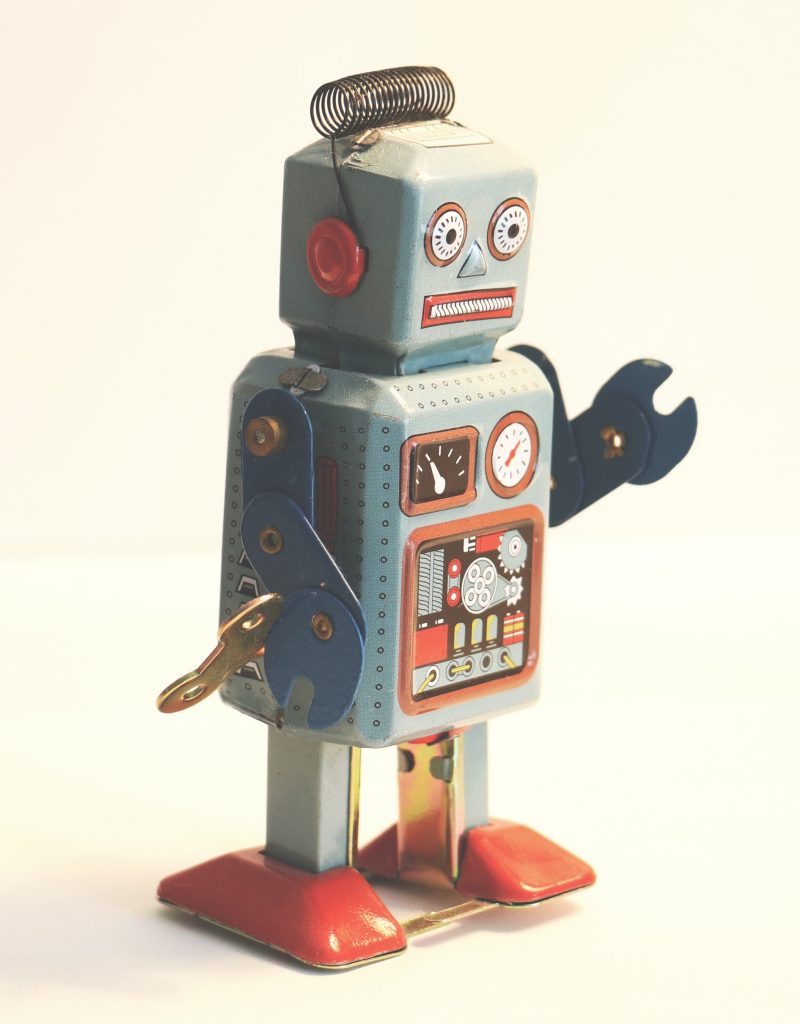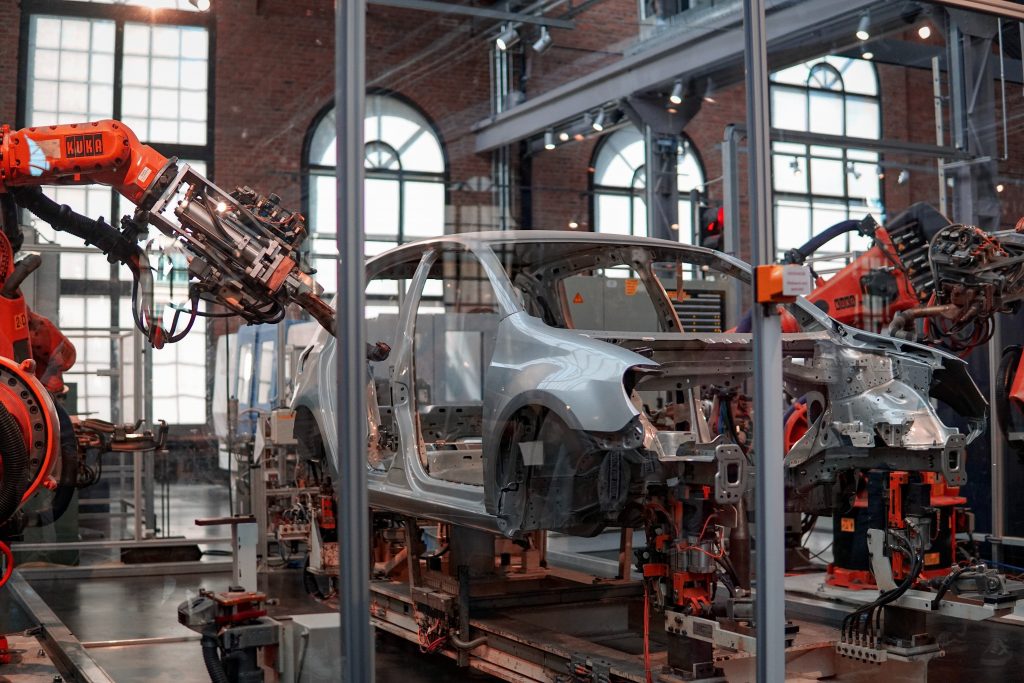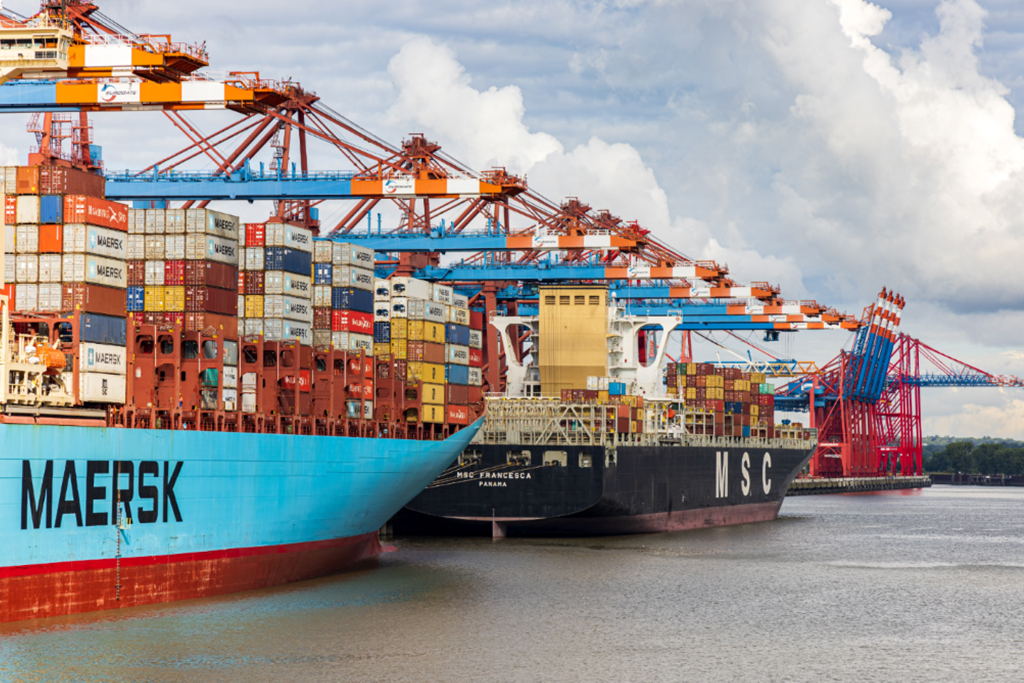According to a new study, AI in the workplace poses the greatest risk to better-paid, better-educated workers. However, the outlook is not bleak. Far from it.
January 9, 2020
It’s the dawn of a new decade and the noise around artificial intelligence and workplace automation, already loud, is only going to grow in intensity as we move through the 2020s. Everyone agrees that increasing AI in the workplace will bring significant changes, but it is hard to say exactly what will change and by how much.
Part of the difficulty is the lack of an agreed definition of AI and the absence of reliable data on which to base predictions. The most pessimistic studies see workers across entire industries losing their jobs, with a particular emphasis on blue-collar workers. However, a new study suggests that this is not correct.
Part of the difficulty is the lack of an agreed definition of AI and the absence of reliable data on which to base predictions. The most pessimistic studies see workers across entire industries losing their jobs, with a particular emphasis on blue-collar workers. However, a new study suggests that this is not correct.

White-collar robots
A new study by the Brookings Institution in Washington DC proposes a new approach to the problem. By comparing job descriptions with text from AI patents and looking for common terminology it is possible, say the researchers, to draw some conclusions about the most threatened tasks and occupations.
Their conclusion is that AI will affect almost all occupational groups in some way, but “white-collar jobs (better-paid professionals with bachelor’s degrees) along with production workers may be most susceptible to AI’s spread into the economy”.
This contrasts with past assumptions that it would mostly be lower-skilled and unskilled workers who would be threatened. Instead, Brookings found that “workers with graduate or professional degrees will be almost four times as exposed to AI as workers with just a high school degree”. Factory workers will be affected but they are increasingly likely to be well-educated and working with AI on the shop floor, as other research has confirmed.
Men are more likely to be affected than women, because they are over-represented in production, technical and professional roles. Women’s over-representation in occupations with a heavy interpersonal element, such as healthcare and education, will shield them from much of the effect of automation because those tasks require ‘soft skills’ that are among the hardest to automate.
Augmenting, not replacing
While many people will be worried by this report, the picture does not have to be bleak. Some jobs will not be replaced but augmented. For example, there is a growing trend for ‘cobots’ – robots that can work alongside humans, automating some elements of a task but not all. These will not replace human workers but instead help them work more efficiently.
A similar pattern is emerging with ‘augmented intelligence’ in the software world. AI can take on some of the tasks that it handles better than humans, such as searching large databases, but humans will still be required for things like face-to-face consultations.
In other cases, the growth of AI will create entirely new jobs. ‘AI ethicists’ will become more common, for example, while there will be growth in manufacturing and managing a whole range of new AI-enhanced products and services.

A need for lifelong learning
For many people, then, AI is likely to improve their ability to do their current job or create an entirely new one for them. The World Economic Forum predicts that AI will drive down prices for certain products, boosting demand, which in turn will create more jobs for workers to service the demand.
Yes, some people might find their jobs automated out of existence but they will have a chance to undergo extensive retraining for a new and better role. Therefore, companies will have to emphasise lifelong learning in the coming years, and continually invest in the skills of their employees.
But governments have a role to play too, with greater economic growth boosting tax revenues, which should make it easier to provide better social safety nets as society adjusts to the new technology.
The process of automation is ongoing; it doesn’t have a start-date and an end. However, the coming decade is likely to see enormous change and leave us with a workplace that looks very different from today’s.



